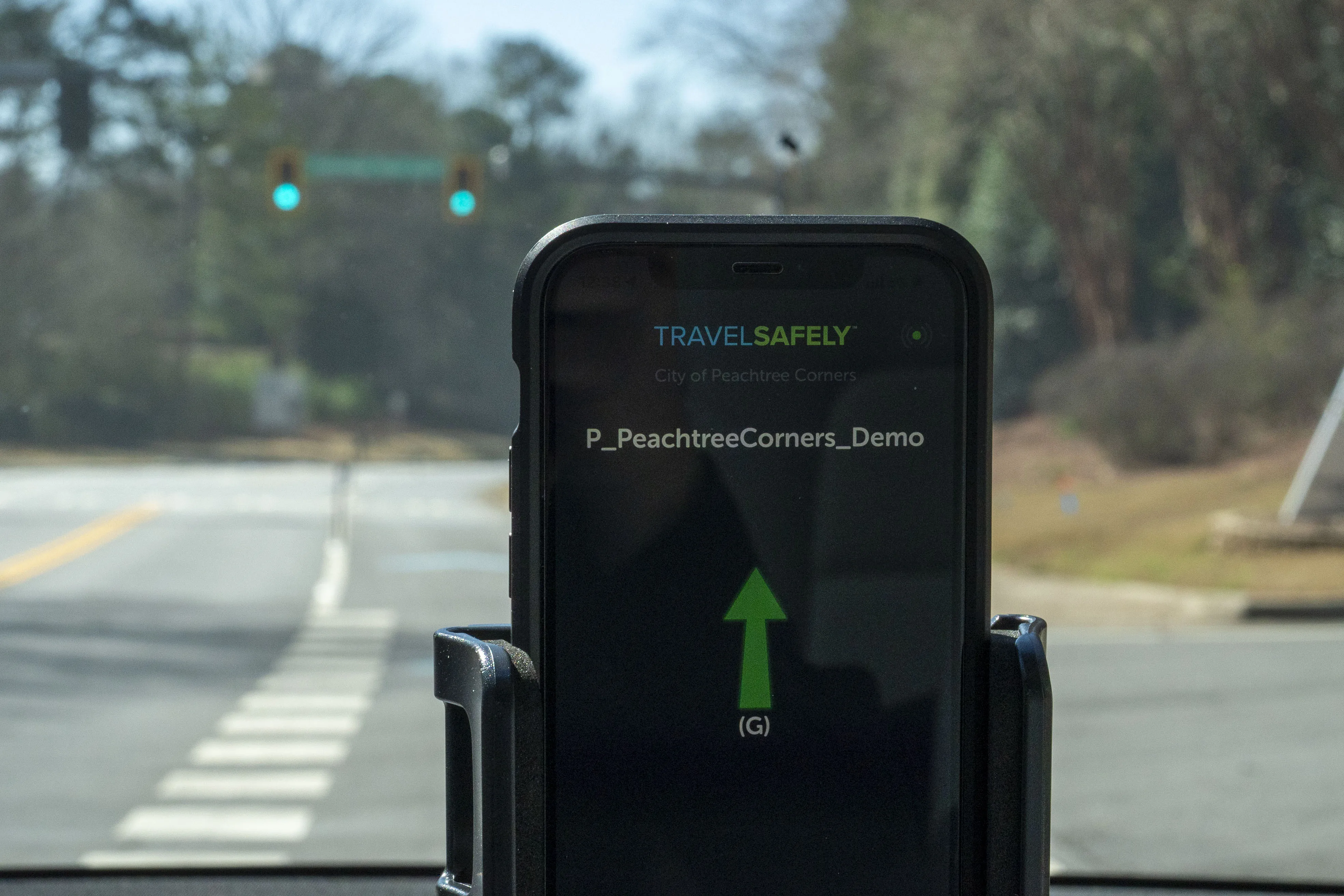German media and broadcasting service provider Media Broadcast has deployed the ADVA FSP 3000 from ADVA Optical Networking to power its scalable fibre optic network throughout Germany.
The technology is being used to transport data services, uncompressed high-quality video and audio services directly on the optical network. Native video transmission on the physical layer radically simplifies the process of transporting media data by eliminating costly conversion methods and removing signal degradation.
July 15, 2016
Read time: 1 min
German media and broadcasting service provider Media Broadcast has deployed the ADVA FSP 3000 from ADVA Optical Networking to power its scalable fibre optic network throughout Germany.
The technology is being used to transport data services, uncompressed high-quality video and audio services directly on the optical network. Native video transmission on the physical layer radically simplifies the process of transporting media data by eliminating costly conversion methods and removing signal degradation. The ADVA FSP 3000 transport solution features multichannel audio digital interface (MADI) technology to route up to 64 discrete digital audio signals integrated in the optical transport layer.
Media Broadcast's network will support high-performance transmission of any traffic protocol, including HD-SDI and 3G-SDI video and multiple audio signals with MADI devices. The network utilises each optical wavelength to transmit a variety of video, audio and data channels simultaneously.
The technology is being used to transport data services, uncompressed high-quality video and audio services directly on the optical network. Native video transmission on the physical layer radically simplifies the process of transporting media data by eliminating costly conversion methods and removing signal degradation. The ADVA FSP 3000 transport solution features multichannel audio digital interface (MADI) technology to route up to 64 discrete digital audio signals integrated in the optical transport layer.
Media Broadcast's network will support high-performance transmission of any traffic protocol, including HD-SDI and 3G-SDI video and multiple audio signals with MADI devices. The network utilises each optical wavelength to transmit a variety of video, audio and data channels simultaneously.









